Sixteen of the UK’s largest van fleet operators have signed a commitment to switch all of their vans, totalling 18,000, to electric power by 2028.
The commitment is dependent on there being sufficient charging infrastructure and competitively priced electric vans are available by 2028.
The agreement is contained in the Clean Van Commitment the Department for Transport backed Clean Van Commitment (CVC), led by Global Action Plan in partnership with energy company Engie.
The commitment made by the inaugural signatories includes two targets. The first target is an immediate commitment to switching 2,400 vans in their fleet by 2020, which will result in an initial investment of £40m in electric vans.
The second target is a longer-term commitment to deliver zero tailpipe emissions by 2028, with the caveat about charging infrastructure and availability of competitively priced vehicles.
The aim of the CVC is to help bring down the price of new electric vans, and to stimulate the secondhand EV market in 4-6 years, to encourage the two million independent van owners to switch..
Bex Bolland, head of air quality at Global Action Plan, said: “The CVC launch marks a significant moment for the UK’s van sector. For the first time, we know just how quickly van fleet leaders aim to adopt electric vehicles.
“Their collective purchasing commitments show manufacturers that demand is thriving, and will help energy sector, local authority and central government planning. These 16 fleets will pave the way for the national fleet of four million vans to become zero emission, significantly improving the air we all breathe.”
The companies signed up to the Clean Van Commitment are: Abel & Cole, Anglian Water, Defra Group Fleet Service, Engie, Gateshead Council, Leeds City Council, London Borough of Hackney, London Borough of Waltham Forest, Network Rail, Northern Gas, Northern Lincolnshire and Goole NHS Foundation Trust, Oxford Council and Direct Services, Tesco, United Utilities, Yorkshire Ambulance Service and Yorkshire Water.





















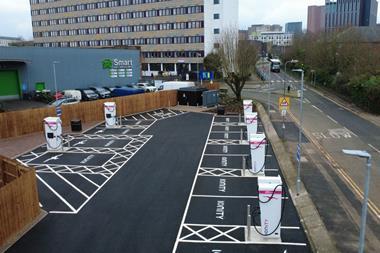





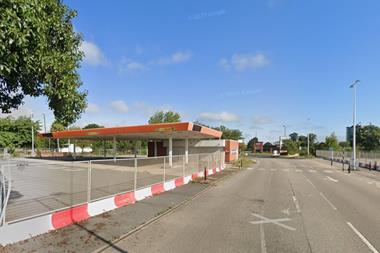
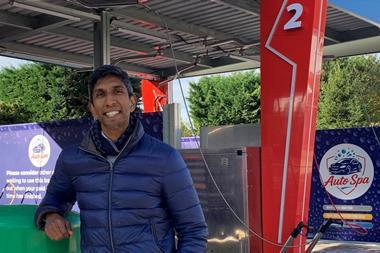
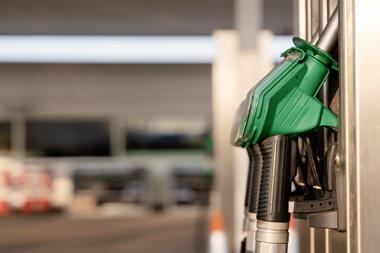
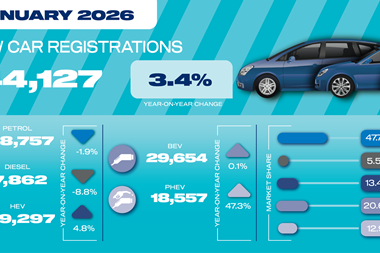
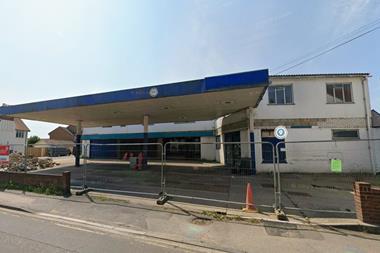
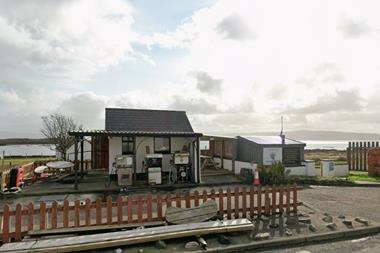
No comments yet